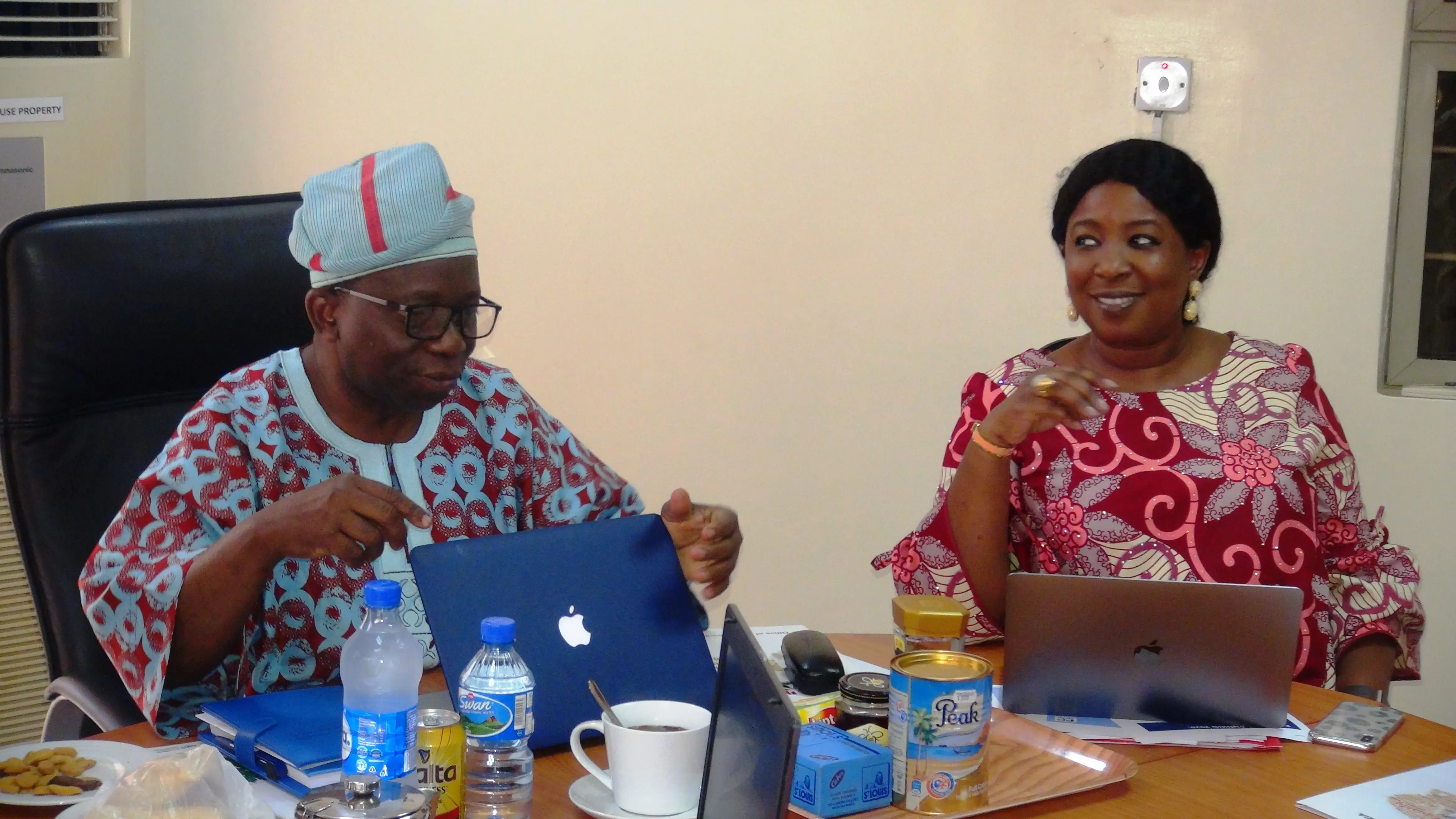Nigeria, as the most populous country in Sub-Saharan Africa has a key role to play in the continent’s ability to harness the demographic dividend. Nigeria is a pre-dividend country due to its high fertility, declining mortality and skewed young age structure as approximately half of its population is under the age of thirty-five years of age. However, there are still cases of unemployment, lack of youth engagement and inadequate of female inclusion in the labor market. With strategic positioning of the young people, who are producing smaller, healthier families and a youth cohort - “bulge” generation, entering into the labor market with emphasis on female labour participation, there will be boost in the economy.
Also, Nigeria ranks second in number of maternal deaths contributing 14% burden to the total maternal deaths. Pregnant women die because they fail to access the optimal care required during pregnancy. The reasons are multifaceted ranging from inadequate ante-natal care, lack of skilled health providers and inability to access the health facility. According to the Nigerian NDHS, only 61% of women of reproductive age who have had a live birth in the last five years received ante-natal care from a skilled provider (doctor, nurse, midwife). Also, only 36% and 38% of deliveries in Nigeria took place in a health facility and were attended by a skilled birth assistant respectively. These signifies that an improvement in access to health care for women of reproductive ages will have ripple effect in the reduction of maternal deaths, hence, help in the continents attainment of the SDGs.
Ironically, Nigeria houses some of the most successful multinational and small and medium scale businesses in Africa. These are brands that are grown, growing and with international recognition of their feats. This collaboration for development then speaks of a merger of what already works and what needs major intervention and improvement in our country, Nigeria.
To this end, we call on the private sector in collaboration with government and development partners to take the following actions:
- In carrying out corporate social responsibilities, ensure partnering with civic society organisations and participatory needs assessment of target groups to provide sync between the company’s activities and achievement of the sustainable development goals.
- Recognise the potentials of young people and harness this strength towards sustainable development through mentoring and more internship opportunities.
- Use goodwill with government parastatals and political contacts to ensure there are reviews, amendment and implementation of laws that pertain to women, youth, population and poverty eradication to ensure attaining the SDGs
- Partner with local health authorities to support scaling-up primary health care centres in residential vicinity to ensure more women access to care during and after pregnancy.
- Conduct and support youth literacy and empowerment schemes through scholarship programs and various social investment programs soft skills and talent development.
- Proactively engage NGOs and CSOs, particularly those focused on women, youth and poverty eradication, to form a partnership on reaching out to me underserved areas.
- Unequivocally scale-up separated allocation of resources towards sustainable development in annual corporate budgets.
- Strengthening capacities of research institutions to provide evidence-based policies that enhances the health of women and adolescent girls, especially in humanitarian settings and underserved groups.
- Support advocacy for FP and provide fund in making its information and services available.
- Encourage staff volunteering programs geared towards serving in humanitarian settings. Ensure sharing of expertise that can improve the implementation of development interventions.
- Give consideration to employing women in workplaces and giving them equal opportunity to rise the corporate cadres and support their maternal needs during and after pregnancy.
- Explore graduate learning training and talent developments on the expertise that is commonly outsourced to expatriates to build 21st-century relevant skills in indigenous youths and also support the improvement of academic curriculum to include soft-skills.
- Forum for Private partnerships to drive conversations around.





